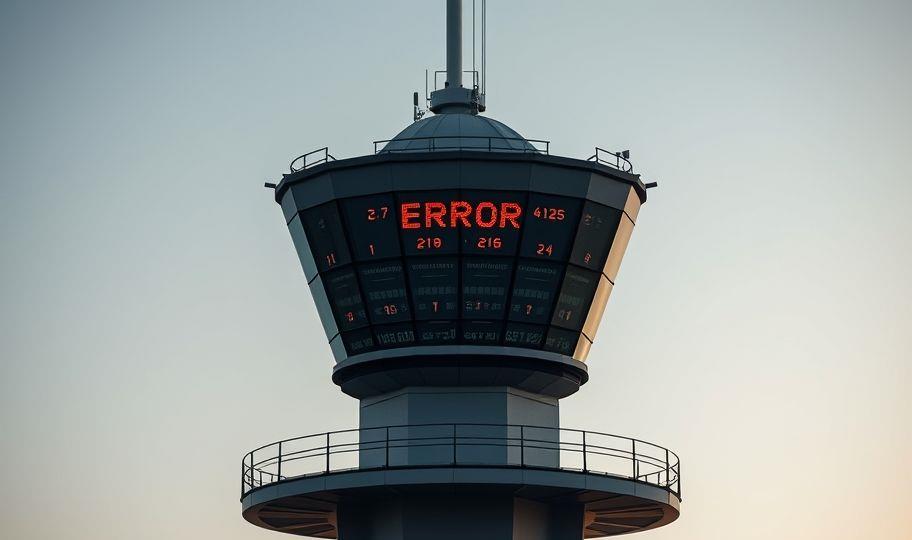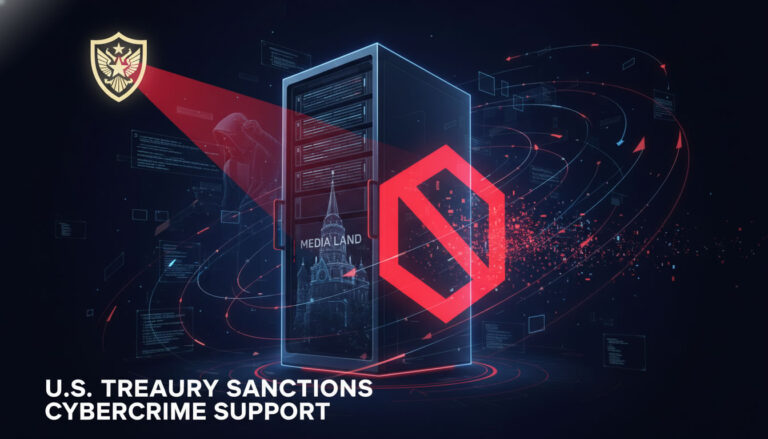Ransomware Hits Airport Systems: EU Agency Confirms

EU Cyber Agency Confirms Ransomware Attack Causing Airport Disruptions The European Union Agency for Cybersecurity (ENISA) has confirmed that a recent ransomware attack caused significant...
⏱️ Estimated reading time: 2 min
Latest News
EU Cyber Agency Confirms Ransomware Attack Causing Airport Disruptions
The European Union Agency for Cybersecurity (ENISA) has confirmed that a recent ransomware attack caused significant disruptions to airport systems. This incident highlights the increasing threat ransomware poses to critical infrastructure worldwide. Understanding the scope and impact of such attacks is crucial for enhancing cybersecurity measures.
Details of the Attack
While specific details about the affected airports remain confidential, ENISA’s confirmation underscores the severity of the situation. Ransomware attacks typically involve malicious actors encrypting data and demanding a ransom for its release. These attacks often exploit vulnerabilities in systems and human error.
Airport disruptions can range from flight delays and cancellations to compromised passenger data. The financial and reputational damage can be substantial.
Impact on Airport Operations
- Flight Delays and Cancellations: The most immediate impact often involves disruptions to flight schedules.
- Data Breaches: Sensitive passenger and operational data may be compromised.
- Operational Disruptions: Essential airport systems, such as baggage handling and security, can be affected.
Ransomware Trends and Mitigation
Ransomware attacks are becoming increasingly sophisticated and targeted. Organizations need to adopt a multi-layered approach to cybersecurity. You can learn more about the ransomware landscape and strategies for prevention through resources like CISA’s ransomware guide.
Best practices for mitigating ransomware attacks:
- Regularly back up critical data and store it offline.
- Implement robust network segmentation to contain potential breaches.
- Conduct regular security audits and vulnerability assessments.
- Train employees to recognize and avoid phishing attempts.
- Keep software and systems up-to-date with the latest security patches.
Related Posts
Bluesky Enhances Moderation for Transparency, Better Tracking
Bluesky Updates Moderation Policies for Enhanced Transparency Bluesky, the decentralized social network aiming to compete...
December 11, 2025

Google Maps: Gemini Tips, EV Charger Predictions & More!
Google Maps Gets Smarter: Gemini Tips & EV Updates Google Maps is enhancing user experience...
December 9, 2025

US, UK, Australia Sanction Russian Web Host
Crackdown on Russian ‘Bulletproof’ Web Host The United States, United Kingdom, and Australia have jointly...
December 6, 2025
1 Comment
-
Siu Boulds
Hello there, just became aware of your blog through Google, and found that it’s really informative. I am going to watch out for brussels. I’ll be grateful if you continue this in future. Numerous people will be benefited from your writing. Cheers!











Hello there, just became aware of your blog through Google, and found that it’s really informative. I am going to watch out for brussels. I’ll be grateful if you continue this in future. Numerous people will be benefited from your writing. Cheers!